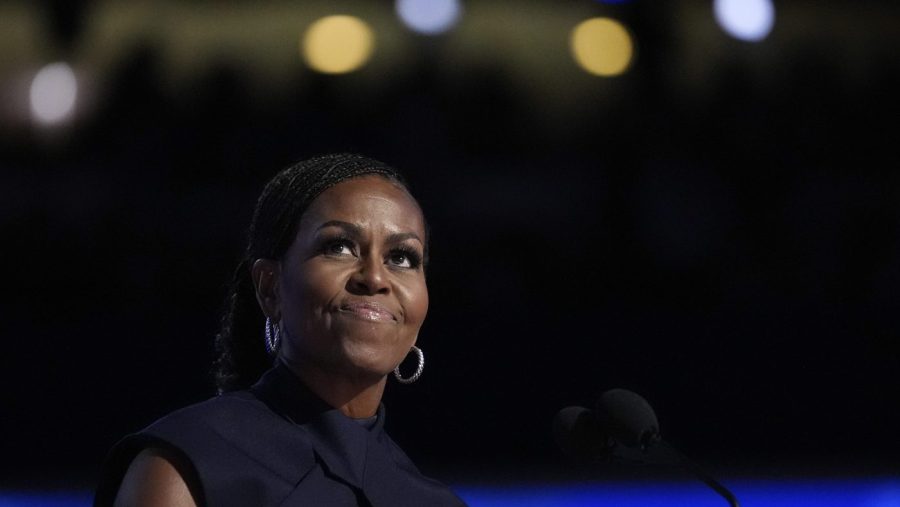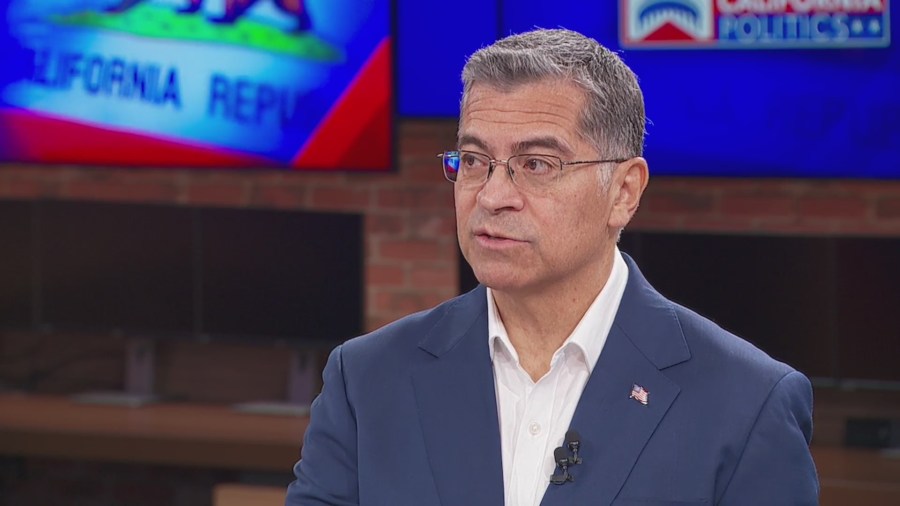
A group of shutdown-weary Democratic senators voted Sunday night with Republicans to advance a legislative vehicle to reopen the federal government and end the 40-day shutdown that left thousands of workers furloughed and chaos at the nation’s airports.
The Senate voted 60-40 to move forward on a House-passed continuation resolution to reopen the government, taking a major first step toward ending the shutdown after a group of centrist Democrats negotiated a funding deal with Senate Republican allies and the White House.
Senate Democrats had blocked a bill passed by the same chamber to fund the government on 14 previous occasions.
But a group of centrist and retired Democrats felt intense pressure to reopen the government after Supplemental Nutrition Assistance Program (SNAP) funding expired Nov. 1 and staffing shortages among air traffic controllers caused major delays at airports.
Eight Democrats voted to accept the House bill.
The group includes Senate Democratic Whip Dick Durbin (Ill.), who will retire at the end of the year, and Sens. Jeanne Shaheen (D-N.H.) and Maggie Hassan (D-N.H.), and Sen. Tim Kaine (D-Va.), who represents more than 144,000 workers in his home state.
Senator Angus King (I-Maine), an independent who sides with the Democrats, also voted yes. He worked closely with Shaheen and Hassan to craft an agreement to reopen the government.
Sens. John Fetterman (D-Pa.) and Catherine Cortez Masto (D-Nev.) also voted to end the shutdown, echoing their position for weeks.
Senator Jacky Rosen (D-Nev.) joined her home-state colleague Cortez Masto in voting for the measure.
Senate Majority Leader John Thune (R-S.D.) now plans to amend the House-passed legislative vehicle with agreement from Shaheen, Hassan, King and others.
Shaheen, a member of the Appropriations Committee, worked with Senate Appropriations Committee Chairman Susan Collins (R-Maine) on the funding bills included in the package.
That proposal would fund military construction, Veterans Affairs, the Department of Agriculture and the legislative branch through September 30 of 2026.
This includes a stopgap measure to fund the rest of the government until January 30.
The compromise proposal also includes language to retain more than 4,000 federal employees targeted for layoff during the shutdown, as well as to prevent the Trump administration from laying off additional federal employees through reductions in force (RIF) for the duration of the new draft continuing resolution — until Jan. 30.
Kaine was involved in negotiating protections for federal employees.
The bill’s passage sets the stage for the House of Representatives to return to Washington after seven weeks away to vote to send the legislation to President Trump’s desk.
Thune agreed as part of the broader agreement to schedule a vote later this year on legislation to extend increased health insurance premium subsidies under the Affordable Care Act (ACA) that were set to expire in January.
However, the Senate GOP leader did not guarantee that any bill increasing the subsidies would pass the Senate or – if it passes the upper chamber – get a vote in the House.
Hassan and King focused on getting Thune to agree to a vote in December on extending increased health insurance subsidies.
The deal would ensure that a large portion of the federal government is funded through regular appropriations bills through September 30, a top Democratic priority, and it sets the stage for Congress to take action on other regular spending bills funding the War Department and the Department of Health and Human Services.
It was put together after weeks of negotiations between Shaheen, Hassan and King and Republican members of the Appropriations Committee, as well as Senate GOP leadership and the Trump White House.
Sunday’s vote followed weeks of intense negotiations, during which Democratic senators spent several hours in the Capitol basement trying to find a way to end the impasse.
Many Democrats who were involved in those talks, including key player Senator Gary Peters (D-Mich.), voted against moving forward on a legislative path to reopening the government.
Sens. Elissa Slotkin (D-Mich.), Jon Ossoff (D-Ga.), Tammy Baldwin (D-Wis.) and Peter Welch (D-Vt.), who attended the meetings, also did not vote.
Slotkin said that when it became clear that the deal would not include language to expand ACA subsidies in the bill to fund the government, he recused himself from negotiations.
“I was into it for several weeks, then in the last few weeks it changed. Last week it changed, so I wasn’t [involved] In the end game,” he told reporters after the Democratic caucus meeting Sunday evening.
“I’ve always said something concrete has to be done on health care, and it’s hard to see how that happens,” he said.












